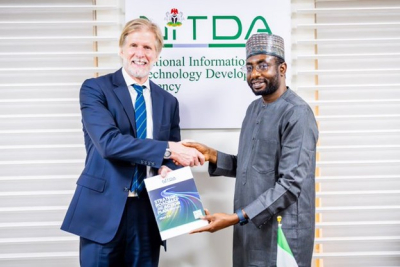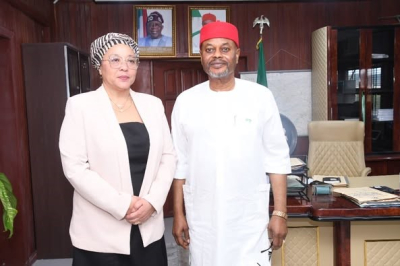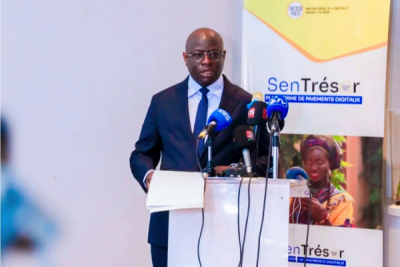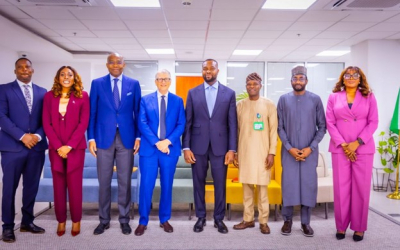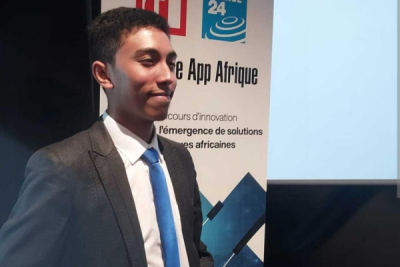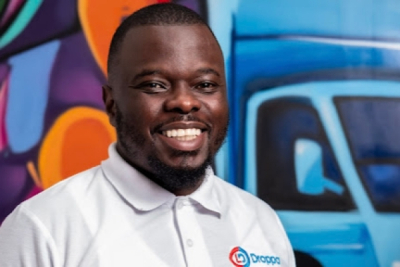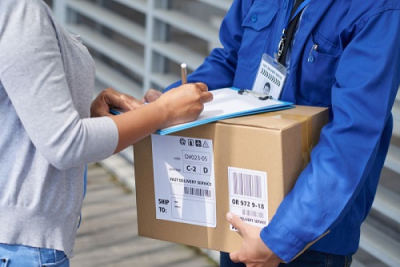Senegal’s start-up ecosystem is rapidly expanding, driven by both government and private initiatives. Technological innovation is seen as a strategic lever to boost the economy and tackle development challenges.
Senegal's Ministry of Communication, Telecommunications and the Digital Economy (MCTN) and U.S. tech group Meta announced Thursday, June 5, the launch of Llama Impact. This new acceleration program aims to support Senegalese startups leveraging open-source artificial intelligence (AI) in high-impact sectors.
The program targets early-stage ventures, focusing on innovations in healthcare, including telemedicine, diagnostic tools, and AI-driven medical advice. It also emphasizes agriculture, covering areas like soil analysis, crop monitoring, and market access, as well as education, with a focus on EdTech platforms and digital training. A "Carte Blanche" category is additionally available for high-potential projects outside these traditional domains.
Selected startups will participate in six weeks of hands-on training, technical mentorship, and intensive development sessions. The program will conclude with a demo day, where participants will present their solutions to investors and compete for up to $25,000 in non-dilutive funding. A six-month post-program support phase will follow to consolidate progress and facilitate access to further opportunities. Applications for the program are open until June 27.
This initiative is part of Senegal's broader New Technological Deal, the country's national digital strategy unveiled in February. The plan aims to designate 500 innovative startups, train 100,000 digital graduates annually, and create 150,000 direct jobs in the sector by 2034. It also seeks to establish Senegal as a leading innovation hub in Francophone Africa.
By encouraging local startups to adopt open-source AI, the program intends to reduce reliance on foreign technologies, foster homegrown innovation, and strengthen the country's digital sovereignty. Despite these efforts, challenges persist, particularly concerning access to financing, technical supervision, and the scaling of developed solutions.
By Samira Njoya,
Editing by Sèna D. B. de Sodji




